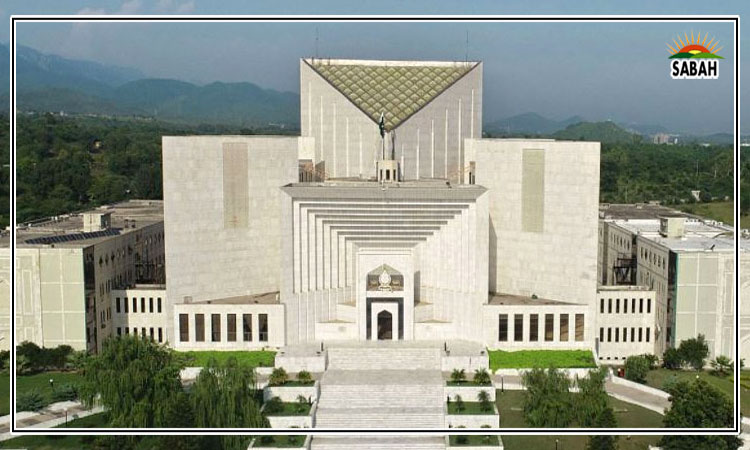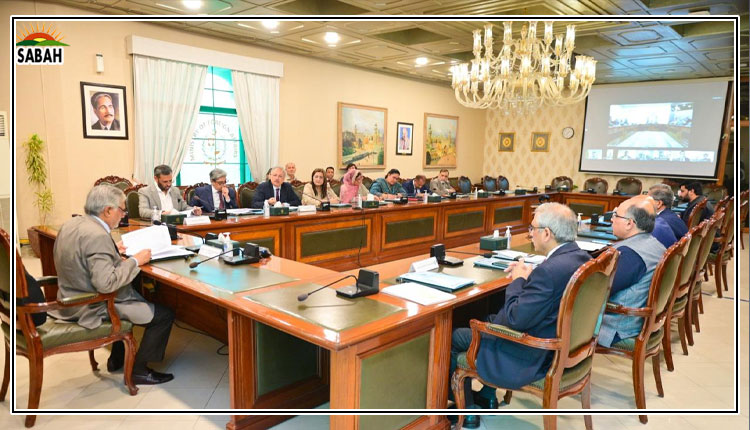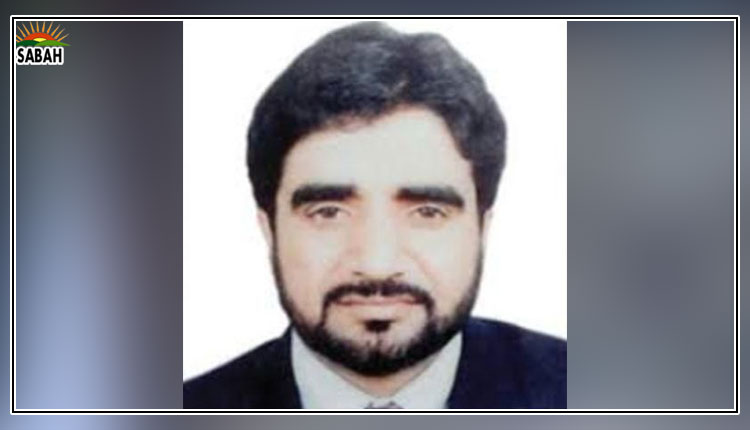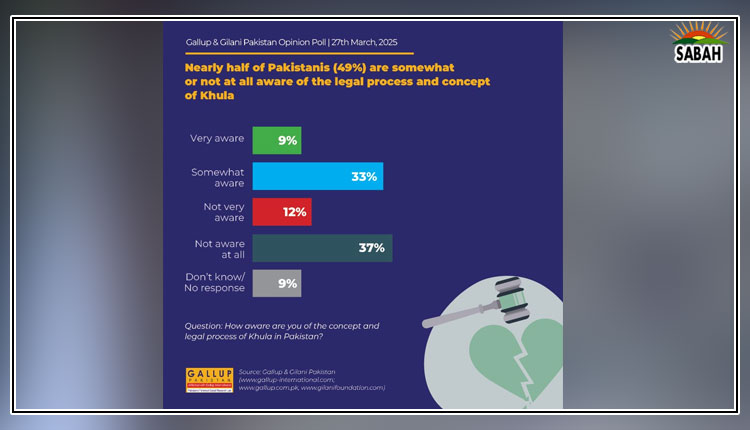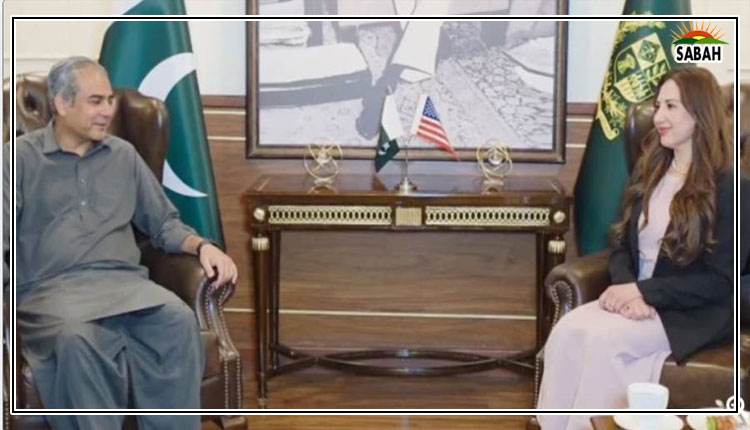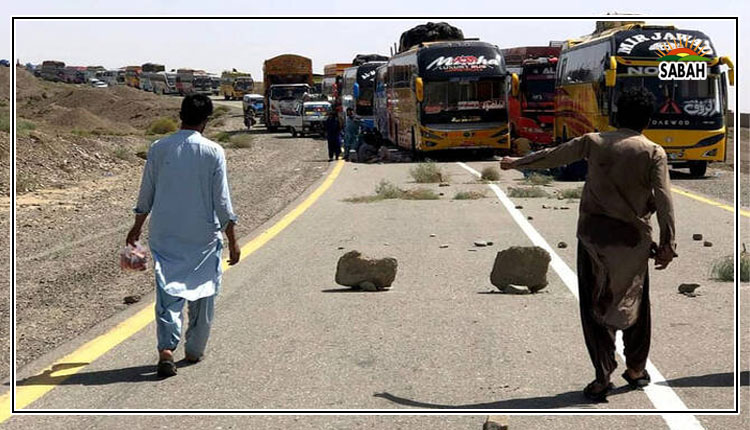Cost to the climate : By Aisha Khan
THE pace of climate change impact is outstripping efforts being made at the global level to reduce the rate of planetary warming. This disconnect is symptomatic of a deeper malaise of the dangerous times we live in.
At the 2015 Climate Summit, 196 countries recognised human activity as the cause of a rapidly warming world. Yet seven years later, there is continued resistance by the developed countries to commit to a mitigation schedule that provides hope of a safer world.
The history of civilisation is rife with wars. Mankind has learnt no lessons from the perils of over-ambition and the virtue of containment. The inherent urge to impose, dictate terms of engagement and demand validation of governance models, as part of an allegiance pact, has put the planet at the periphery of risk where brinkmanship can cause incalculable damage.
Today, food and energy are being used as weapons of war. Tomorrow, access to water or withholding flows may become a catalytic tool for enhancing political clout.
The times we live in require calibrated caution in policy and wisdom in crafting a balanced future that maintains equilibrium. Taking current trends into account it seems that brutal egos, economic populism and crippling geopolitical rifts will continue to define the contours of this critical decade.
We are living in the most dangerous time in human history.
The clash of governance systems, misplaced power calculus and unlimited quest for control, will be the cause of the downfall of development gains made in this century. Intense rivalry is on the ascendant and clashes to capture critical resources is pitting big powers against each other. Vulnerable and developing countries will be caught in the middle of strategic realignments and will need astute stewardship to navigate stormy waters.
There should be no doubt that we are living in turbulent times. It is a period of intense upheaval and change. Competing interests and contesting ambitions of existing and emerging powers are amplifying in alarming ways. With an assertive China, flexing its economic muscle and an aggressive Russia striving to reclaim its lost glory, the days of a unipolar world are over. This head-on collision has already derailed the climate agenda and pumped monies into the war economy, instead of investments in clean energy, support for adaptation and financial commitments to make the loss and damage fund robust.
As we race headlong into an uncertain future, resetting priorities is of utmost importance.
There is a time to sew and a time to rend, a time to hate and a time to love, a time to overuse nature and a time to let the planet heal. Nations have prospered by exploiting the resources of their own countries and at times those of other countries to augment development gains, enabling them to make a quantum leap into a future driven by technology, innovation and accumulation of wealth. This wealth is now being used to increase military power, create international financial institutions and dominate world affairs.
At the heart of every country, the politics of power play a critical role in setting the agenda. This is in line with the need to have a system in place to make policies and maintain order in society. Pragmatism, however, demands flexibility and course correction to keep the ship of state afloat. Sailing straight into the eye of the storm requires deep absorptive capacity which is only available to sturdy states with fall-back resources for recovery.
For a country like Pakistan with increasing climate vulnerability, the economy in a state of flux and political polarisation at its worst, the future does not augur well.
Pakistan, like the climate, needs healing and must urgently reset its political trajectory to pave the way for reconciliation within and without. The cost of destabilisation is too high and runs the risk of pushing the country deeper into poverty. The most important fallout of acute shortage of food, water and energy remains unaddressed. This will result in chaos and anarchy.
The other unanswered question relates to solutions. There are a lot of accusations and counter-accusations made by political parties but none offers an implementable plan for reducing inflation, stabilising the currency, making food and energy affordable or protecting lives and livelihoods of the vast majority that suffer the consequence of political strife. Slogans are not a solution.
In different times perhaps the world could have afforded confrontation and allowed Pakistani politicians space to intensify turf battles with impunity. But we are living in a dangerous time where the future has never been more uncertain and the climate never so threatening as to pose an existential threat. This is a time for putting differences aside and working together.
Courtesy Dawn News



